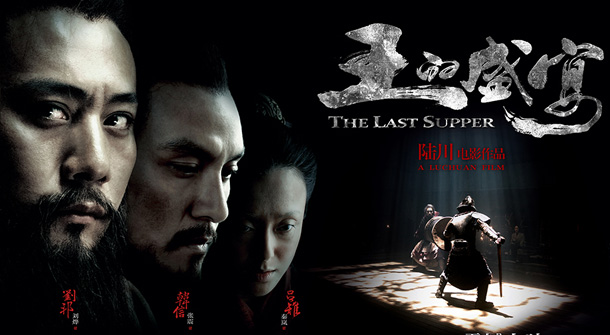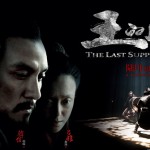Recently the Chinese films 1942 and The Last Supper were released and allegedly set off a war between “water armies” (水军) – groups of people who are paid to leave negative reviews online.
Water armies have shown up in other business rivalries like the “3Q” war between 360 and QQ, as well as between the two dairy companies Yili (伊利) and Mengniu (蒙牛). Guo Degang (郭德纲), a popular Chinese comedian, has said this practice shows “bald hatred among people in the same industry.”
Film is an especially popular industry for water armies, as word of mouth is playing an increasingly important role in the market. When these people go to movie review sites in droves and leave one out of five stars for a given film, it can actually influence box-office performance.
Li Jing (李静), director of a documentary called Matters of Life and Death, shed some light on the practice through her Weibo. She admitted that she led a counter-water army for The Last Supper to balance out those who’d been hired to attack it. “There’s nothing to hide,” she said. “If the water army didn’t start it so crazily, our team wouldn’t have joined in.”
The Last Supper Director Lu Chuan (陆川) said in an interview that he spent 50,000 yuan on “E-marketing,” referring to Li Jing’s counter-water army effort.


